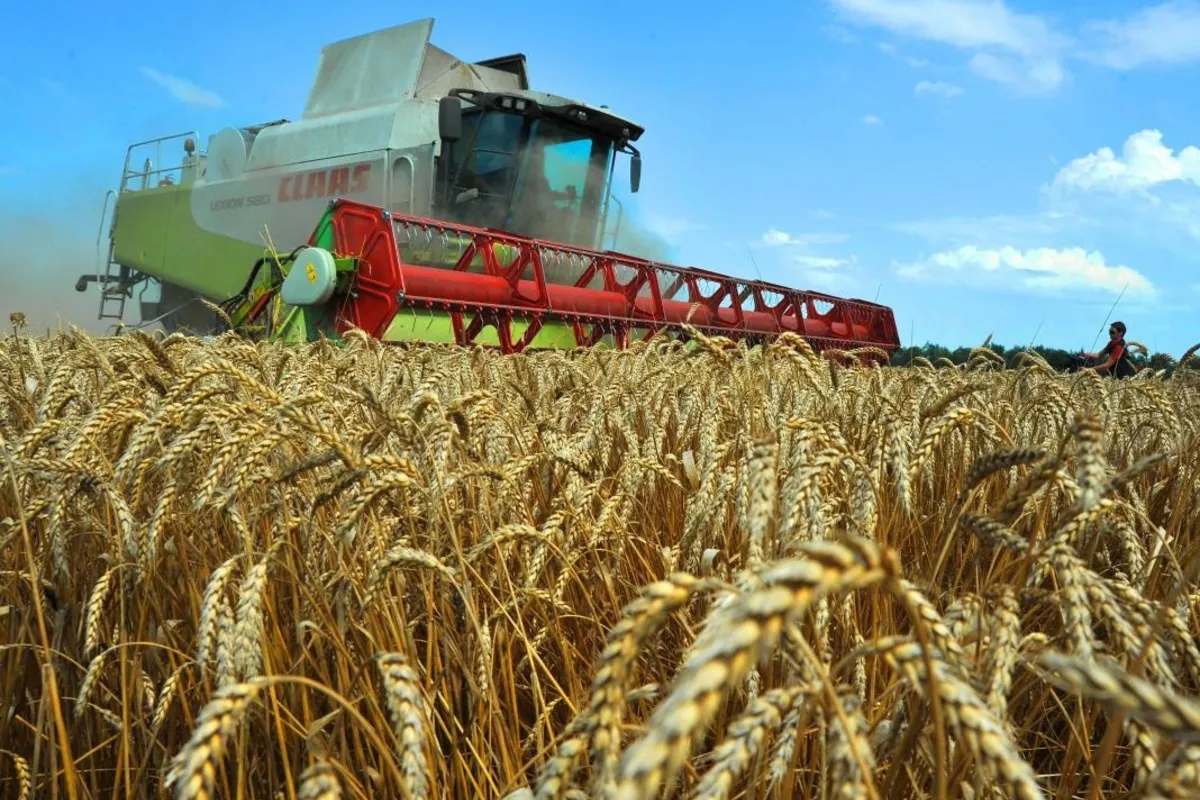
Bishkek has significantly ramped up wheat imports from Kazakhstan, marking a sharp departure from its three-year dependence on Russian grain.
According to the National Statistics Committee, Kyrgyzstan imported 132,000 tons of wheat from Kazakhstan during the first seven months of 2025, an eightfold increase from previous years, when Kazakh wheat had nearly vanished from the local market, The Caspian Post reports, citing The Times of Central Asia.
The Ministry of Agriculture reported that 90% of Kyrgyzstan’s wheat crop had been harvested by the end of August, yielding 550,000 tons of grain. However, with national consumption exceeding 1.1 million tons of flour annually, domestic production remains insufficient.
In 2022, Kyrgyz importers pivoted toward Russian suppliers, citing lower costs. Imports from Kazakhstan fell from 82,500 tons to just 3,500 tons, while purchases from Russia soared to nearly 240,000 tons.
By 2025, the trend had reversed. Kazakhstan now accounts for 72.5% of Kyrgyz wheat imports. In monetary terms, imports surged even more dramatically, rising 8.8 times. Between January and August, Kyrgyzstan spent $27.2 million on Kazakh wheat at an average price of $206 per ton. The rest came from Russian suppliers.
The shift has been driven largely by pricing. Russian wheat, which cost just over $160 per ton in 2023, rose to $203 in 2024 and is now priced around $220 per ton. In contrast, Kazakhstan’s record 2024 harvest, 26.5 million tons overall, including 18 million tons of wheat, enabled it to offer more competitive rates, despite traditionally being more expensive than Russian grain.
Sources in the Kyrgyz Association of Millers told TCA that the strengthening of the ruble, recovering from years of sanctions-induced weakness, has pushed Russian wheat prices higher. As the ruble appreciates, Russian grain becomes less affordable for importers.
The resurgence of Kazakh wheat underscores Kyrgyzstan’s ongoing reliance on imports to meet domestic food demand. While the national harvest is nearing completion, local output still covers only about half of annual consumption.
For Bishkek, the return to Kazakh suppliers is not merely economic, it’s also a matter of food security, amid rising global market volatility and Russia’s continued exposure to external shocks.
Share on social media